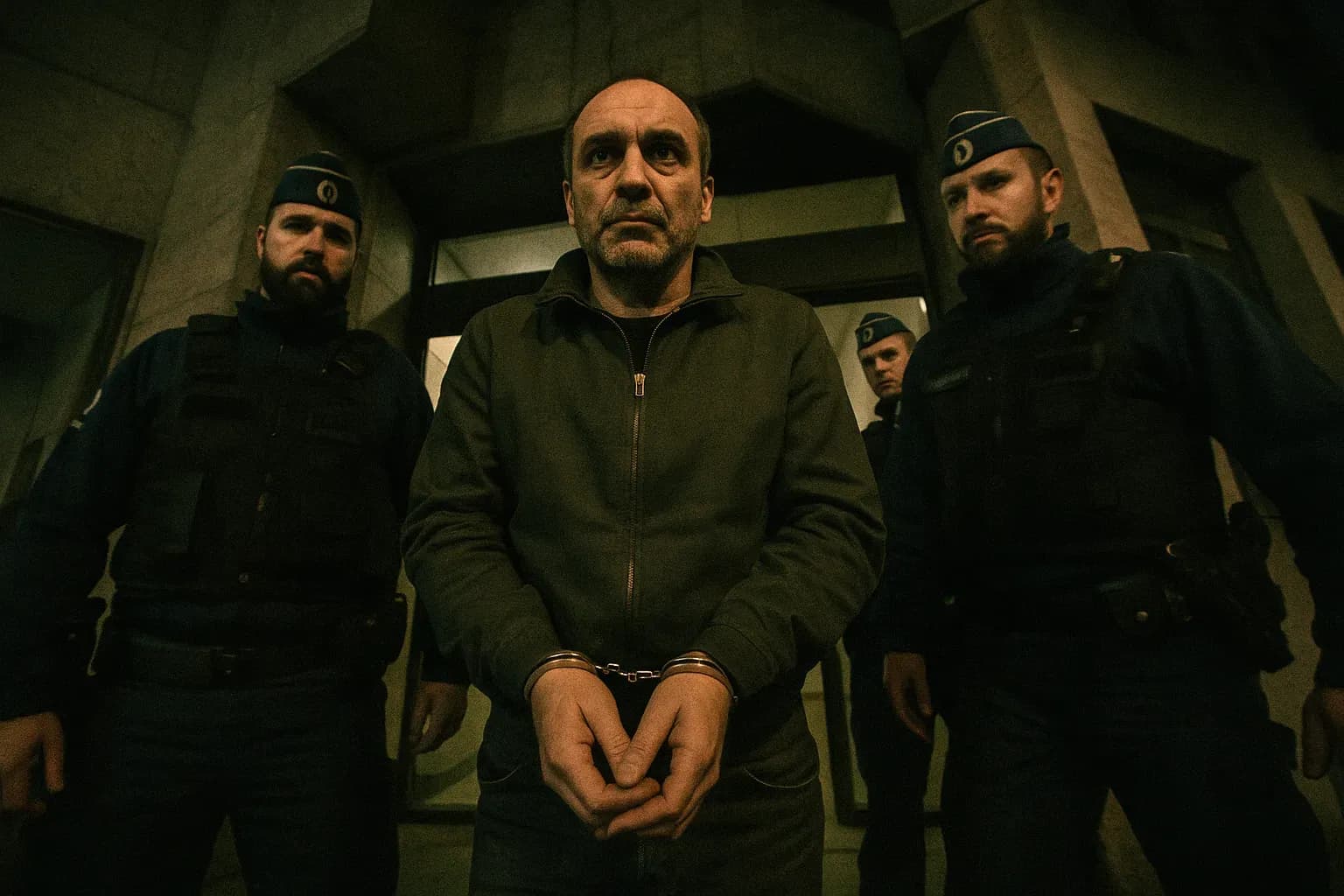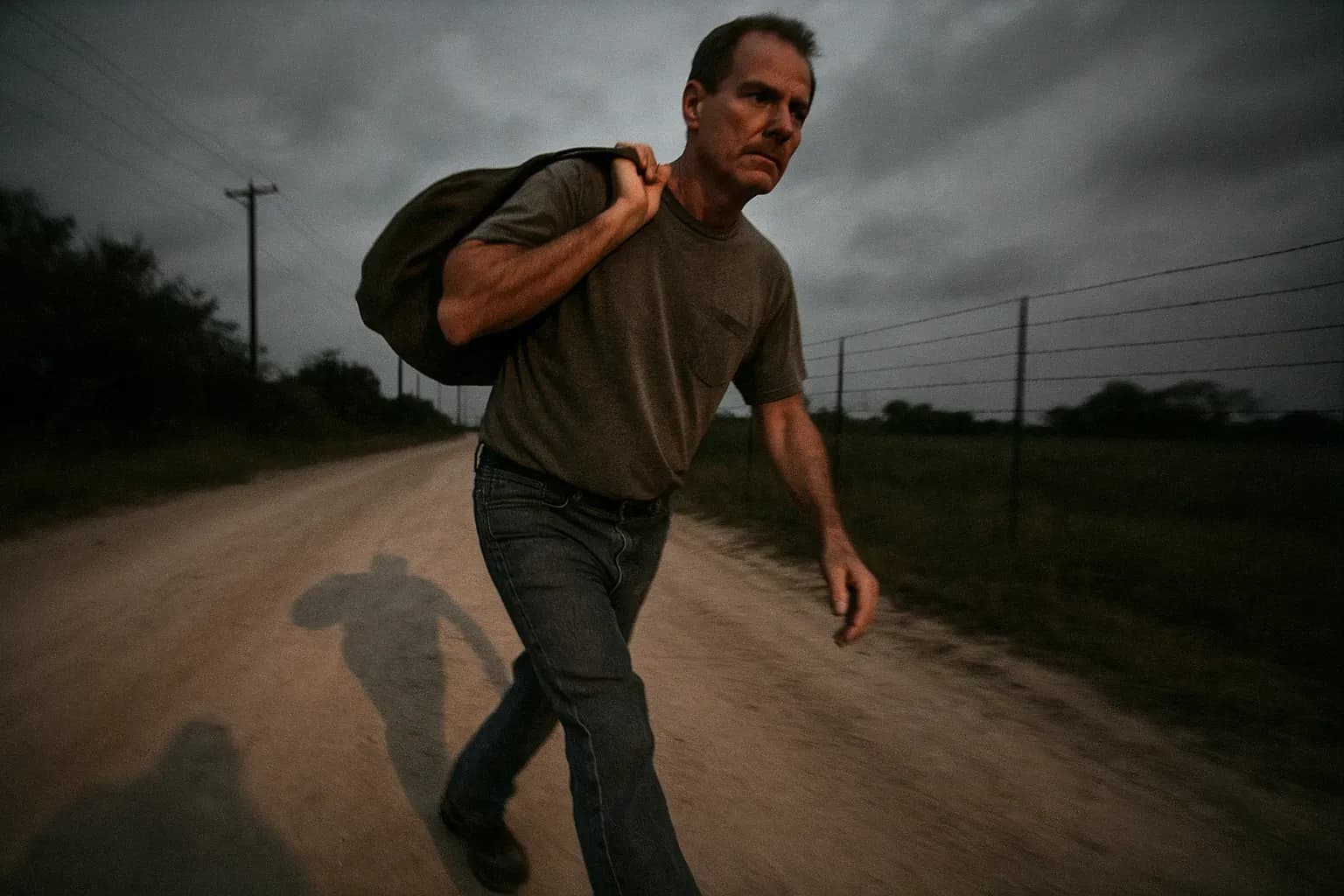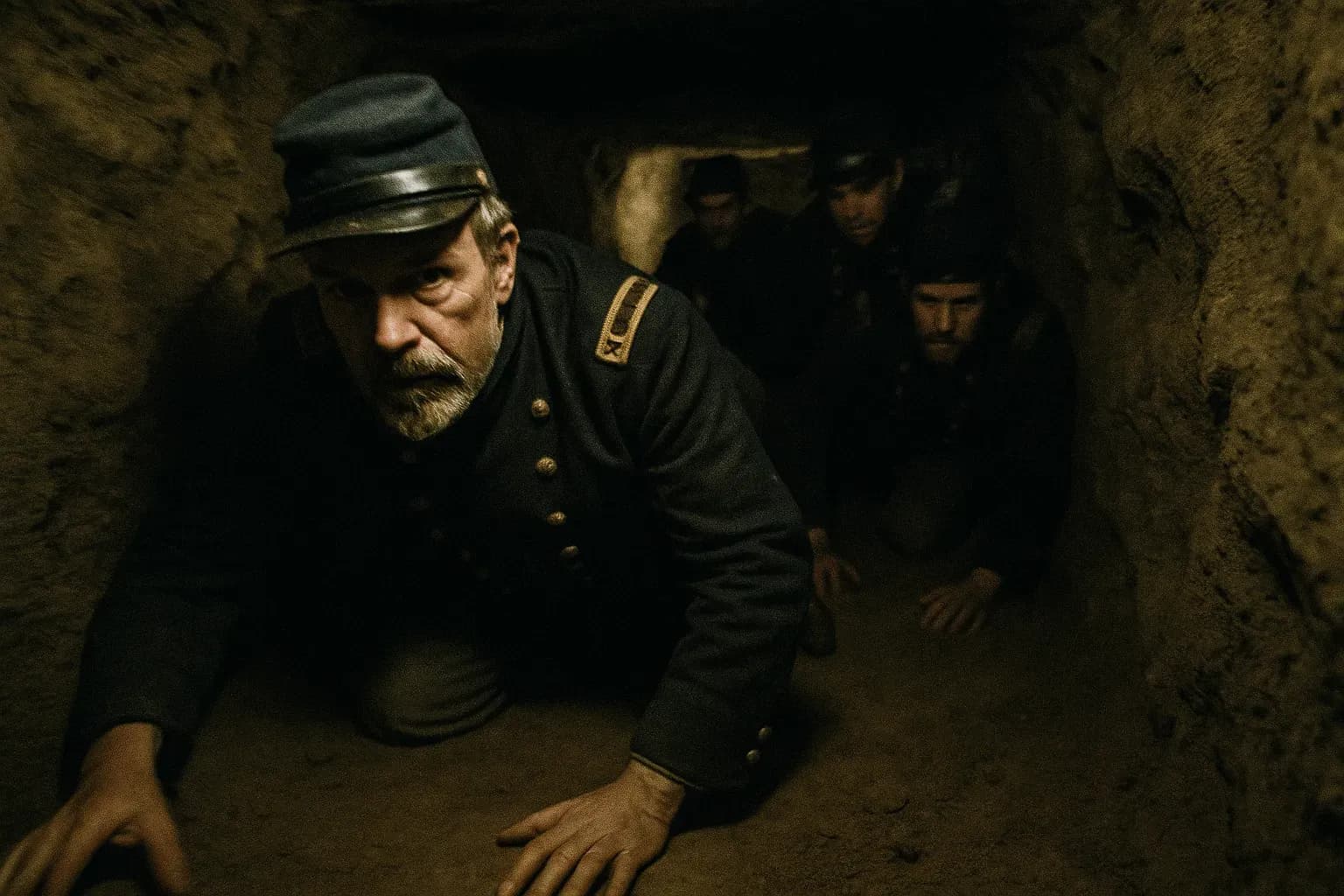
Detention
The crucial moment from freedom to charge in true crime
What happens in detention? Understand the critical phase from arrest to charge, where psychological pressure and interrogations shape the fate of the case in true crime.
The crucial moment from freedom to charge in true crime
What does detention entail, and why is it critical?
In true crime, detention refers to the crucial period and physical place – typically a holding cell or police station jail – where a person suspected of a criminal act is detained by the police or other law enforcement authorities immediately after an arrest. This initial deprivation of liberty precedes any potential pre-trial detention or release and marks a critical moment when the state's power over the individual becomes tangible. The purpose of detention is multifaceted: to ensure the arrested person's presence during the initial investigation, and to prevent further crime, destruction of evidence, witness tampering, or escape. For the arrested individual, detention involves an abrupt transition where ordinary rights are curtailed, and they are subjected to the full control of the authorities, often including intense interrogations that can be decisive for the further course of the case and any subsequent trial.
From freedom to cell: Detention shapes the case
In true crime narratives, detention often constitutes a dramatic turning point, symbolizing the transition from personal freedom to the looming prospect of prosecution. This is where the suspect's world can collapse under the weight of uncertainty, isolation, and significant psychological pressure. The experiences during detention itself – from the formal charging and collection of biometric data like fingerprints and DNA, to the initial confrontations with the accusations – are central to understanding how a criminal case develops. For investigators, this critical phase is essential for consolidating evidence, uncovering the truth about the committed crime, and assessing the suspect's credibility and possible involvement.
Proper detention handling is crucial for justice
Detention thus constitutes a fundamental, initial step in the overall legal process, and its correct handling is crucial for both an effective investigation and the solving of crimes – thereby preventing the case from remaining unsolved – as well as for protecting the individual's legal rights. As the first direct confrontation with the consequences of the justice system, detention is a central and often dramatic focal point in any criminal investigation aimed at clarifying the sequence of events and holding any perpetrators accountable.
What are the first hours in detention like, and what determines the start of a case? Delve into real-life cases about detention – find our compelling cases below.


.webp&w=3840&q=75)








